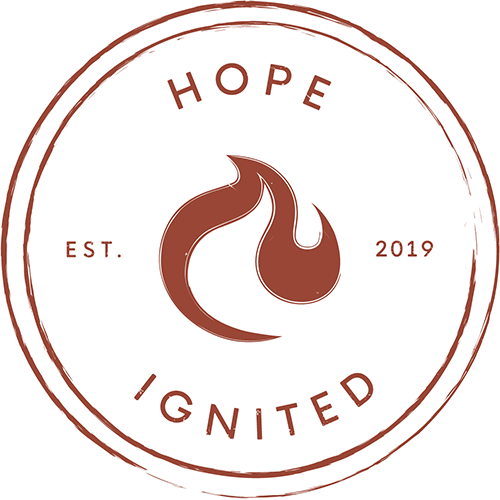The Maryland Human Trafficking Task Force, in collaboration with Anchored Hope Therapy, Sun Gate Foundation, Araminta Freedom Initiative, TurnAround Inc, The Exodus Project, Maryland Network Against Domestic Violence, Maryland Coalition Against Sexual Assault, The Department of Juvenile Services, and The University of Maryland School of Social Work, Prevention of Adolescent Risk Initiative presents a training series for Mental Health Professionals!
This highly collaborative training series was developed to equip mental health providers with key information to support their work with survivors of human trafficking and those at risk for human trafficking.
Presenters:
-
Shamere McKenzie
Chief Executive Officer / Sun Gate Foundation /101 & 301 Trainings
-
Chelsea Haverly LCSW-C, CCTP-II
Owner & Therapist / Anchored Hope Therapy, LLC / 201 & 301 Trainings
-
Elisabet Martinez, LCSW-C, LICSW
Senior Trauma Therapist / TurnAround, Inc./ 201 & 301 Trainings
-
Roxie Farrow
Executive Director/Founder / The Exodus Project / 101 & 301 Trainings
-
Thomas Stack
Law Enforcement Consultant / Maryland Human Trafficking Task Force / 101 Training
-
Iona Rudisill
Clinical Director of Survivor Services / Araminta Freedom Initiative / 101 Training
The Series:
HT 101: To be eligible for this training series, you must be a Licensed Clinician (e.g. LMSW, LCSW-C, LGPC, LCPC, etc.) with a minimum of 3 years of experience practicing in a clinical
capacity (including internships). If you are a licensed clinician, with less than 3 years of clinical experience (under supervision) and you are working in a Rape Crisis, DV/IPV or Anti- Trafficking Organization you may register for this presentation.
Overview: Highlights the dynamics and elements of human trafficking by providing a scope of the crime through explanation of laws, vulnerabilities and processes; bring understanding to how law
enforcement engages with victims and traffickers as well as collaborates with partners through their investigative modalities and operating procedures; highlight the importance of complex trauma by discussing the effects of trauma bonding and necessity for specialized service provisions; provide understanding of the different types of victimology through the discussion of the bottom girl phenomenon.
Register For Human Trafficking 101
HT 201: Meet 101 prerequisites (above), and completion of 101 training from this series.
Overview: An advanced clinical training meant for those direct service providers who attended 101 and are likely to come in direct clinical contact with survivors of human trafficking. Participants will understand and identify mental health risks associated with trafficking and barriers to treatment for survivors; understand neurobiology of trauma and how it relates to treatment expectations; understand how traumatic bonding impacts the therapeutic alliance and ability to form and maintain new and healthy relationships; understand how abuse and impact of polyvictimization for survivors of trafficking impacts their ability to engage in mental health therapy; learn trauma-informed interventions to address safety, build rapport, manage emotional dysregulation, build skills and process grief; and acknowledge the role of self-care, system collaboration and transparency of decision-making in mental health with survivors
Register for Human Trafficking 201
HT 301: Meet 101 prerequisites (above), and completion of 101 and 201 training from this series.
Overview: An advanced clinical training meant for participants who completed 101 and 201. Participants can expect a combination of didactic teaching, experiential learning, role-play case examples and videos to c. Session will focus on the importance of knowledge of the brain and how complex trauma exposures, such as human trafficking can complicate the brains ability to engage in traditional therapy modules. Presentation includes new information on neuroscience as it applies to survivors of complex trauma and ways that a therapist can pass “the therapist test” to continue working with survivors of trafficking. Participants will be able to build rapport and maintain an alliance using motivational interviewing (MI) strategies; differentiate a bottom-up approach vs. top down approach to clinical work; identify what body-based interventions are; understand the role of micro-expressions in therapeutic work; and identify different “parts of self” as it relates to dissociation and post-traumatic growth.
*Please note, this is a highly interactive training that will require providers to participate in role plays and to be reflective and vulnerable.
Register for Human Trafficking 301
INTERESTED IN CEUs
CEUs are free for MNADV members and $5 per credit hour for non-members. To learn more about membership or pay for CEUs, please check out MNADV’s website. If you have any questions about CEU payments, please email K. Tony Korol-Evans at tkorol-evans@mnadv.org. LGPC, please contact your board of certification before attending the training to ensure the certificate will be accepted for your licensure.

